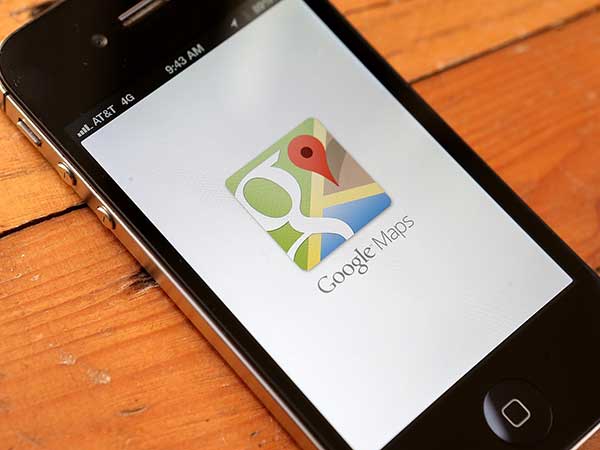The way we travel is changing as quickly as how we live. We have different expectations for planning a trip than we did a few decades ago, and today, convenience, comfort, and price matter more than anything else.
Leisure travelers want unique experiences, while business travelers just want to get to their destination with minimal fuss. Artificial intelligence (AI) is slowly disrupting the traditional travel industry to help meet these new expectations. But what kind of services are artificial intelligence and big data going to offer us that past travelers didn’t have?
1. Fast and easy customer service
Expedia understands how many people dread calling in to change a reservation. They’re looking to streamline that process using artificial intelligence. What would that look like? In the future, they’d like users to be able to chat or text into Expedia’s customer support to change or cancel a booking without having to speak to anyone or even log on to the website.
Gradually, this would expand to become a smart service that would reduce the need for people to reach out to a call center and allow them to accomplish booking requests quickly and easily—key for a global traveler on the go. In the beginning stages, AI will likely be more focused on business travel, since the requirements are less personalized than for the average leisure traveler. Several startups are also taking AI for traveling to the service side, creating apps that offer smart bookings, like SnapTravel and 30 Seconds to Fly.
2. Learning Unique Preferences
There’s a lot more that goes into travel planning than just picking a destination, flight, and accommodations. Travelers make all kinds of small decisions that represent their unique preferences, particularly leisure travelers. Virtual assistants may be the future of smart travel, but to get there, they’ll need sophisticated AI and analysis abilities.
AI and big data will be able to use past data to make smart assumptions about what each traveler prefers (such as seat location on a flight or lodging preferences) and use that information to make bookings that meet expectations quickly and conveniently. Business travelers in particular can benefit from this virtual assistant service, since they travel on a frequent and consistent basis. Saving time means saving money, a key priority for business travel.
3. Convenient Transportation
Ride sharing services like Uber and Bla Bla Car have redefined transit in many ways, reducing the popularity of taxis and ushering in the convenience of on-demand transportation services. While self-driving cars may be the next big thing in automobiles, some cities are focusing on more eco-friendly solutions to reduce congestion.
Using big data, cities in Spain are working to ensure their growing populations and tourists coexist peacefully. For example, Barcelona tracks the movement of different types of traffic in the city to distribute rideshare bicycles where they’re needed most, while the city of Gaudi developed an app to help travelers find hidden gems in less crowded areas of the city, boosting tourism to those sites and reducing congestion for residents and visitors alike.
4. Robotic Concierges
IBM’s Watson is a versatile artificial intelligence technology that can reason, learn, and interact. WayBlazer, a company that uses Watson to provide online travel recommendations to users, was in on the action when the technology was implemented into hotels for the first time. The first use of Watson in the hospitality industry was Connie, a robot concierge at the Hilton in McLean, VA.
A small robot who stands on the hotel reception desk, Connie is learning to interact with visitors and provide them with a personalized experience. She’s also able to access WayBlazer’s travel knowledge to help customers get the answers they need.
5. Big Data Insights
Cuba’s thawing relations with the U.S. is creating interest in big data and AI to monitor tourism and plan for the country’s future. Though Cuba’s Internet infrastructure is not up to modern standards, the government is already gaining insights from social media, hotels, and tourist destinations, collecting data that could be useful in promoting additional tourism in the country.
Technology is Reshaping How We Travel
Aside from artificial intelligence, technology has already massively reshaped the industry, making global travel more accessible for the average person. Thanks to the widespread availability of WiFi, websites that allow comparisons of thousands of flight prices, and all of the information available online about visas and destinations, more people can afford the time and money to see the world. Of course, there are some legitimate concerns about these changes, such as the rise of cyberattacks, but it’s a relatively small price to pay for a more automated and personalized industry. As AI becomes a viable tool in the travel industry, we’ll see just how much it affects how we travel moving forward.




![Ride-sharing impact on drunk driving in the US [Infographic]](https://crayondata.ai/wp-content/uploads/2022/05/driving-1.jpg)


